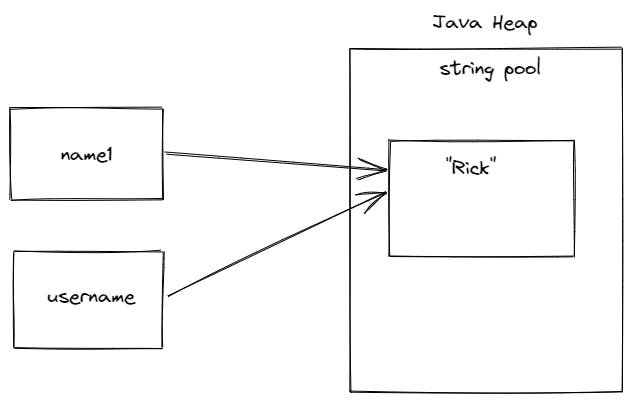What Is Immutable Strings and How It Works
In the world of shows, recognizing the principle of immutable strings is extremely important for creating safe and robust applications. Immutable strings refer to strings that can not be altered after they are developed, making sure information integrity and predictability within the code.
The Fundamentals of Immutable Strings
Immutable strings, as a fundamental principle in programs, are character sequences that can not be changed once they are developed. This indicates that when a string is assigned a value, that worth can not be changed. In languages like Python and Java, strings are unalterable items, resulting in various effects in terms of memory monitoring and data integrity.
Among the crucial advantages of immutable strings is that they provide a complacency in information adjustment. Considering that the material of an unalterable string can not be modified, it makes sure that the initial information continues to be undamaged, reducing the danger of unplanned changes throughout program execution (Why are strings immutable in Java?). This residential or commercial property likewise streamlines debugging processes, as programmers can rely on that as soon as a string is defined, its value will not be unintentionally altered
When a new string is produced based on an existing one, instead than customizing the original string, the new worth is kept individually. In general, comprehending the essentials of unalterable strings is important for grasping programs concepts and enhancing code effectiveness.
Benefits of Unalterable Strings
Structure upon the protection and performance benefits of unalterable strings, their advantages reach boosting code reliability and streamlining concurrent shows tasks. By being unalterable, strings can not be customized after production, which eliminates the threat of unplanned modifications in the data they keep. This integral immutability makes sure that once a string is produced, its value remains continuous throughout the program's execution, minimizing the opportunities of bugs caused by unexpected changes.
In addition, immutable strings add to code integrity by making it much easier to reason concerning the state of a program. Considering that strings can not be transformed, designers can rely on that a string will always hold the exact same worth, streamlining debugging and maintenance initiatives. This predictability leads to more stable and trustworthy codebases.

Application in Programs Languages
Within different programming languages, the incorporation of unalterable strings is a basic element that affects exactly how data is taken care of and manipulated within code frameworks. The implementation of immutable strings varies throughout various programming languages, with each language offering its own systems to sustain this concept.

On the other hand, languages like C and C++ do not have integrated assistance for immutable strings. Designers in these languages should by hand apply immutability by enforcing rules within their code to stop direct modifications to string items.
Ideal Practices for Functioning With Immutable Strings
When dealing with immutable strings in programs languages like Java and Python, adhering to ideal practices makes sure secure and efficient information manipulation. Among the crucial best techniques is to make use of StringBuilder or StringBuffer as opposed to straight manipulating strings, particularly when handling extensive concatenation procedures. These courses offer mutable choices for string control, helping to stay clear of unnecessary memory allocations and enhancing performance.
Additionally, when functioning with sensitive data such as passwords or API tricks, it is critical to prevent storing them as simple text in immutable strings. Using secure storage systems like char selections or specialized collections for dealing with delicate you can try these out information assists mitigate protection threats connected with unalterable strings.
Real-world Applications and Instances
Exploring sensible executions of unalterable strings in numerous industries exposes their significant effect on data stability and system dependability. In the health care field, unalterable strings play an essential duty in guaranteeing the safety and privacy of person data. By avoiding unauthorized modifications to delicate find out here details such as clinical records and prescriptions, unalterable strings help preserve compliance with rigorous personal privacy policies like HIPAA.
Banks additionally take advantage of the immutable nature of strings to enhance the safety and security of consumer information and deal records. Immutable strings assist stop scams and unauthorized alterations to monetary information, providing a robust defense versus cyber hazards and making sure the depend on and confidence of clients.

Verdict
Best methods for functioning with immutable strings include preventing straight modifications and making use of techniques that return new string things. Real-world applications of unalterable strings include information file encryption, caching, and string control jobs.
Unalterable strings refer to strings that can not be changed after they are developed, guaranteeing information integrity and predictability within the code. When a new string is created visit the website based on an existing one, rather than modifying the original string, the new value is saved separately.In languages like Java and Python, strings are immutable by default, meaning that when a string object is developed, its worth can not be altered - Why are strings immutable in Java?. Finest practices for functioning with immutable strings consist of avoiding direct adjustments and using methods that return new string items. Real-world applications of immutable strings include information security, caching, and string manipulation jobs